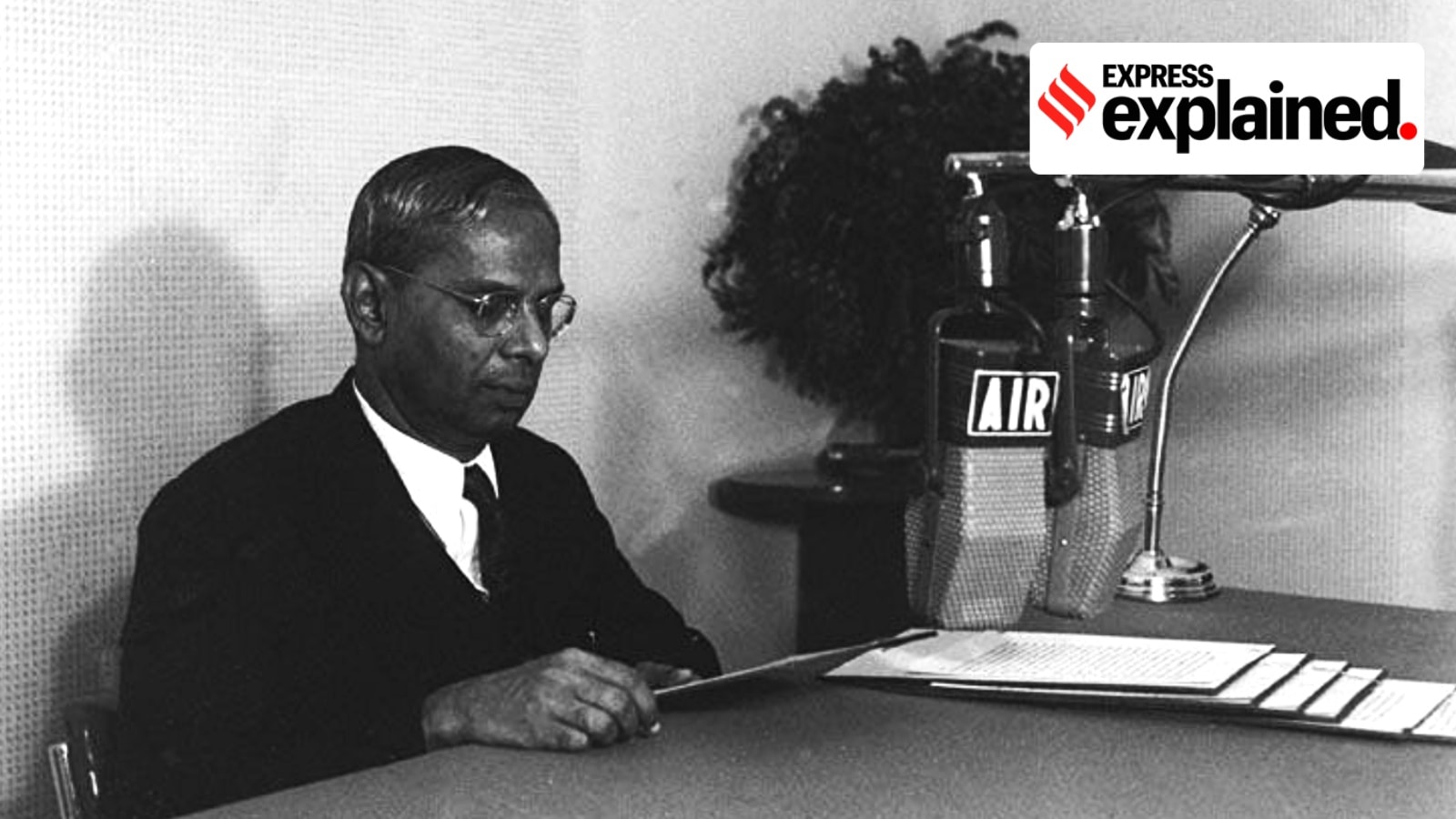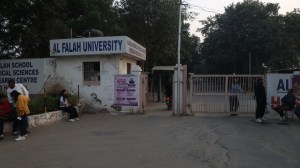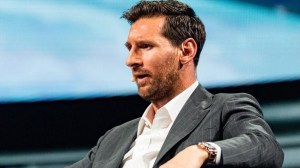Finance Minister Nirmala Sitharaman presented the interim Union Budget for 2024-25 on February 1 (Thursday). Apart from presenting the outline of the government’s plans for earning revenues and making expenditures for the year, ministers have historically referenced the larger political areas of focus in their speeches.
Near the end of his speech, he said, “If the fabric of the State is not built on durable foundations, it will be futile to try and fill it with the material and moral contents of a good life.” We recall the circumstances that this statement speaks of, and why it holds significance.
What was India’s economic situation like in 1947?
Chetty said in his speech that a revenue of Rs 171.15 crore and a revenue expenditure of Rs 197.39 crore were expected, meaning a net deficit of Rs 26.24 crore. This was later reduced to around Rs 6 crore.
Some of the challenges facing India at the time included relief and rehabilitation of refugees and the heavy reliance on the import of food grains from abroad. Chetty said, “The meagre exchange resources available to us are consumed by the purchase of foodstuffs abroad” and so self-sufficiency in food production was paramount.
He added that the general decline in agricultural and industrial production in the country was “due partly to the wide prevalence of communal disorders and generally to the increasing industrial unrest”. Chetty argued that increasing productivity was one requirement for solving these issues.
Story continues below this ad
While noting the destruction caused in the wake of Partition, he said, “…But the Indian Dominion with its acceding States would still cover the larger part of our country, with immense resources in men, material and industrial potential…”
Why Chetty also laid stress on polity and law
Moving onto the end of his speech and away from economic particulars, Chetty said despite securing freedom, India was “yet to consolidate into one unified whole the many discordant elements in our national life. This can be achieved only by the rigorous establishment of the rule of law which is the only durable foundation on which the fabric of any democratic State can be raised.”
He was also cognisant that this was easier said than done. “Respect for law is essentially a matter of political training and tradition and transition from a dependent to an independent status always makes it difficult in the initial stages…”
Nevertheless, he emphasised that this foundation was necessary to build other achievements, including economic ones. “The willing help and cooperation of all sections of the community is required in maintaining peace and order, in increasing production and in avoiding internecine quarrels whether communities or between capital and labour,” he argued.
Story continues below this ad
On ethics and public economic management
Whether it is the Budget of a country or a household account, ethical factors and the values we care for go into decision-making whether we realise it or not. The decision to give greater tax benefits to the rich at the cost of reduced outlays for the marginalised sections of society shows a moral preference for one group over another.
Even when this is argued in the name of efficiency or more productive use of resources, betting on the well-off sections to help the economy grow still shows a preference and trust in the capabilities of one group over another. These moral choices ultimately help shape our approaches to handling problems.
As a working paper from the International Monetary Fund (‘The State and Your Hard Earned Money: A Survey on Moral Perspectives in Public Finance’) said, “The discipline of public finance — the study and practice of how government expenditures and taxation interact with the economy — is inextricably linked to political and moral choices. How much of your hard-earned money is it fair for the state to collect through taxation? What should the state use that money for?”
It even argues that ideals such as health and safety have been invoked for ‘sin’ taxes on goods such as cigarettes and alcohol to a successful degree. Developing this consensus and attaching the same values to issues like pollution or climate change could help sway public opinion and eventually policies on the matter.
Story continues below this ad
Therefore, Chetty’s words from more than 75 years ago remind us that moral principles can be, and maybe should consciously be, a guiding force even in seemingly scientific or objective domains such as fiscal policy.







































